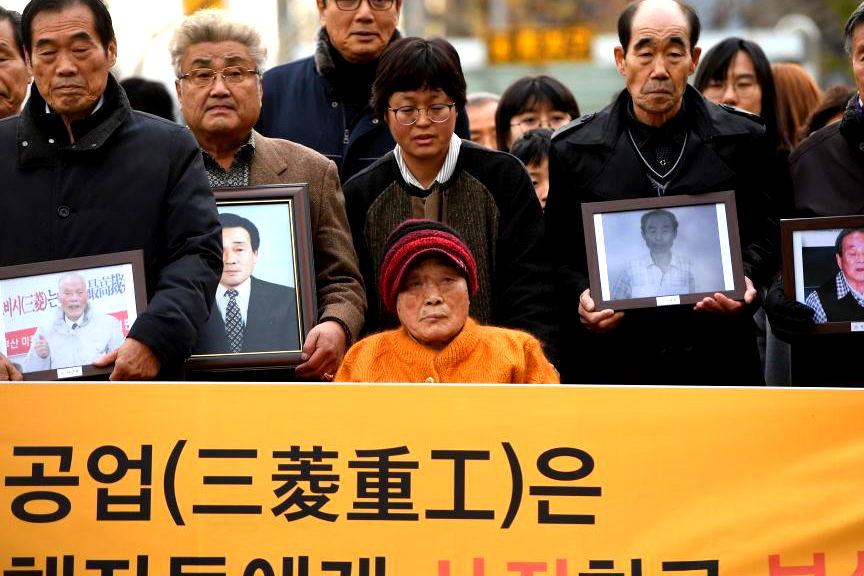S. Korea Supreme Court upholds wartime labor ruling against Japan’s Nippon Steel



By Ryan General
South Korea’s Supreme Court has reaffirmed lower court decisions directing Nippon Steel Corp. to compensate victims of wartime labor.
About the ruling: On Thursday, the court upheld previous judgments demanding the Japanese steelmaker to pay damages to South Koreans affected by forced labor during Japan’s colonial rule in the Korean Peninsula from 1910 to 1945, reported the Japan Times. The ruling comes following similar court decisions last month involving Nippon and two other Japanese firms in five separate cases.
About the plaintiffs: The case involves family members of a South Korean man who was forced to work in harsh conditions during World War II, reported NHK World. The victim, who died in 2012, was never compensated for his labor. An appeals court upheld a lower court order in 2018, requiring Nippon Steel to pay the plaintiffs 100 million won ($76,000).
Japan’s reaction: In response, Tokyo lodged a protest with the South Korean government, reiterating its position that all issues related to colonization were settled under the 1965 bilateral agreement. It posits that the current ruling threatens to strain diplomatic ties further as it reignites historical controversies surrounding Japan’s wartime actions.
In a press conference, Japanese Chief Cabinet Secretary Yoshimasa Hayashi said the ruling is “a clear violation” of the bilateral agreement and is “very regrettable and is never acceptable.”
Seoul’s compensation plan: South Korea’s earlier proposal to compensate victims of forced labor during World War II through a government fund, instead of requiring direct payments from Japanese companies, sparked immediate backlash. Victims and their representatives denounced the plan, demanding adherence to the 2018 Supreme Court ruling ordering Nippon Steel and Mitsubishi Heavy Industries to pay each victim 100-150 million won ($76,000-$114,000).
Plaintiffs in a separate case against major Japanese firm Hitachi Zosen Corp. have requested the Seoul Central District Court to seize the company’s deposited funds, potentially setting a precedent for future compensation cases.
Share this Article
Share this Article





